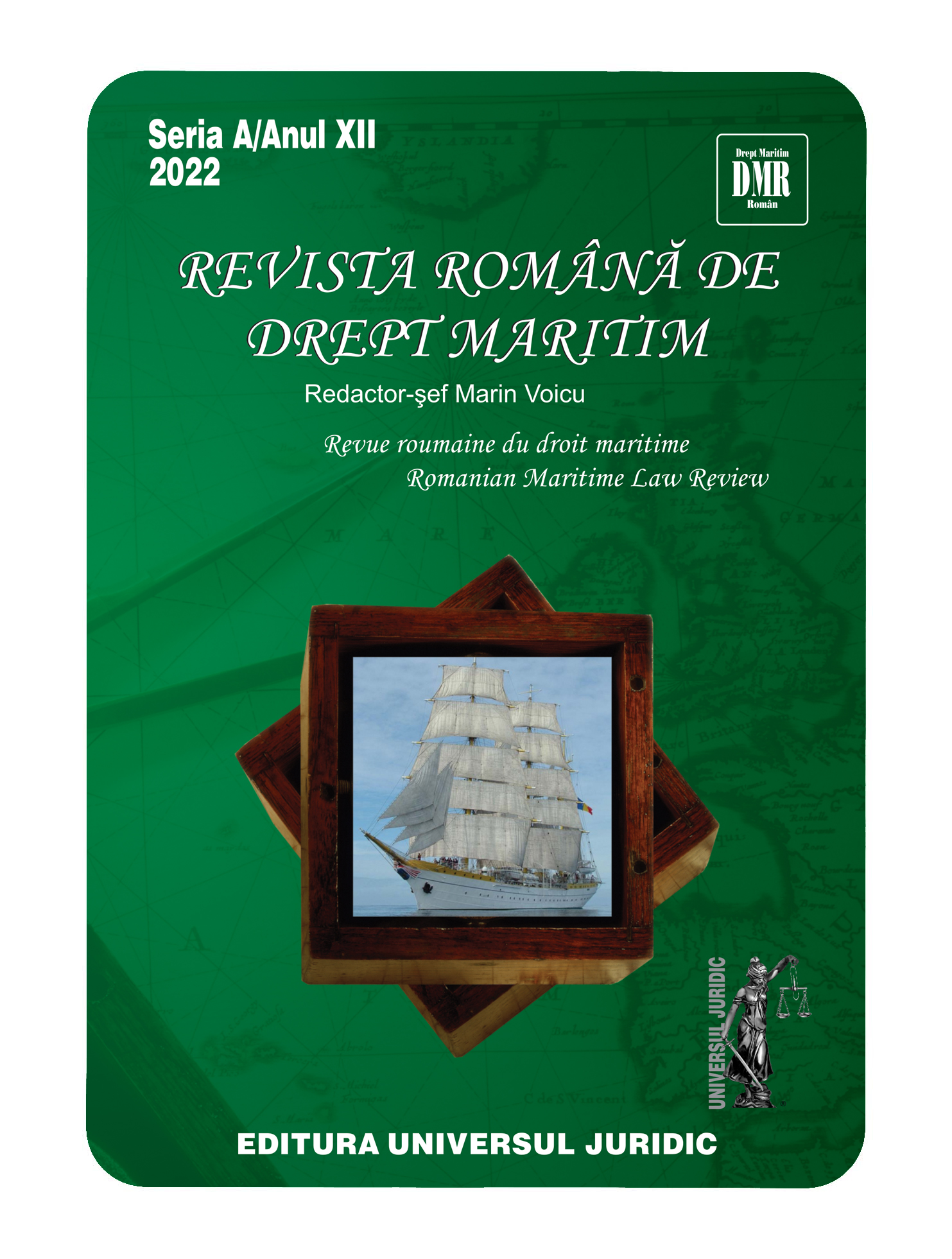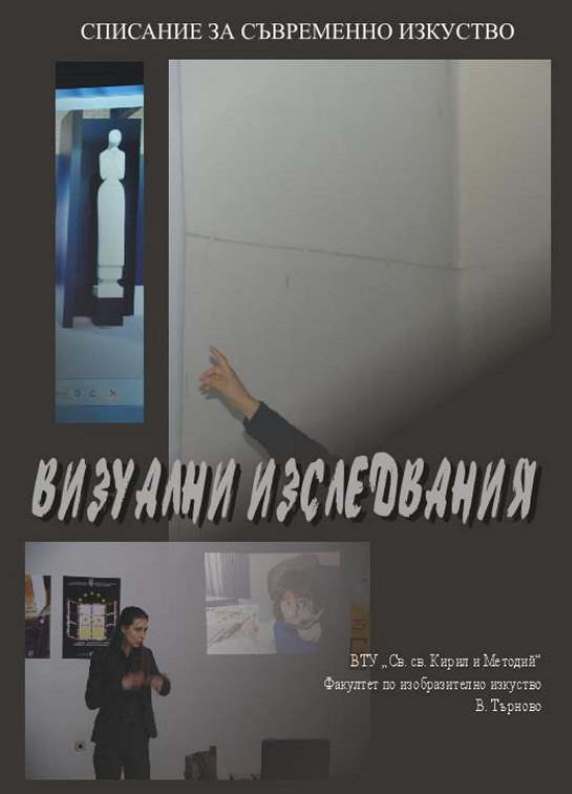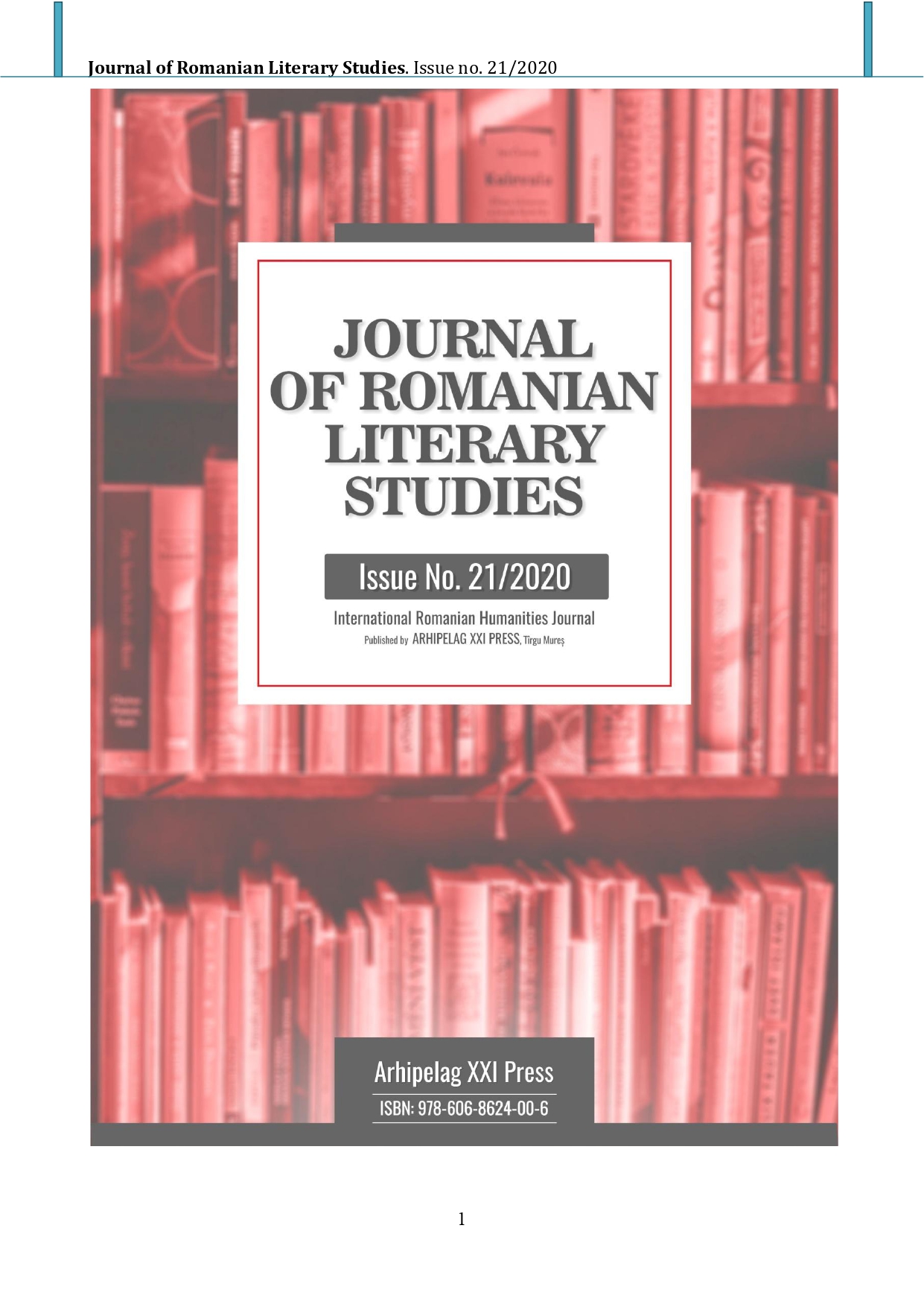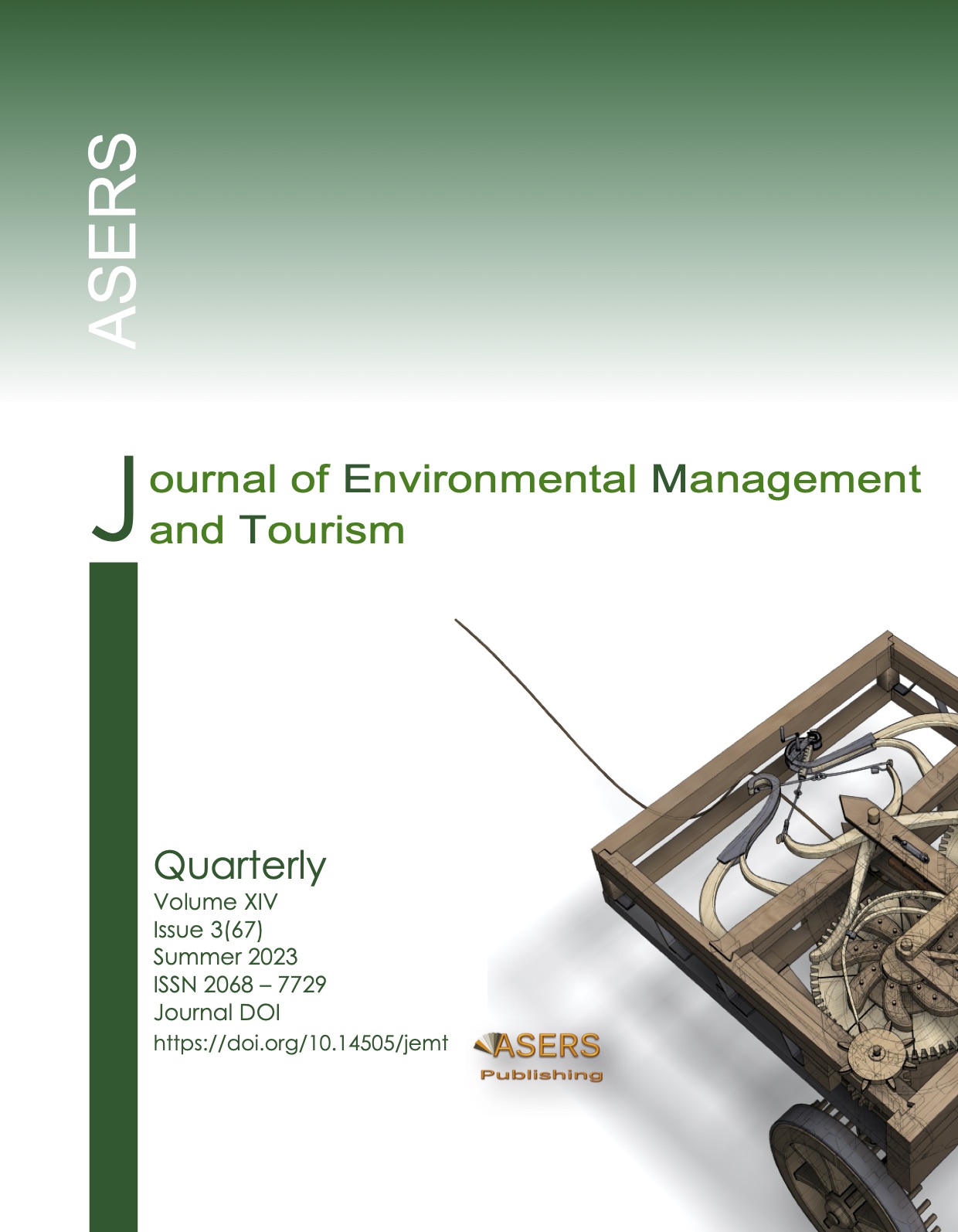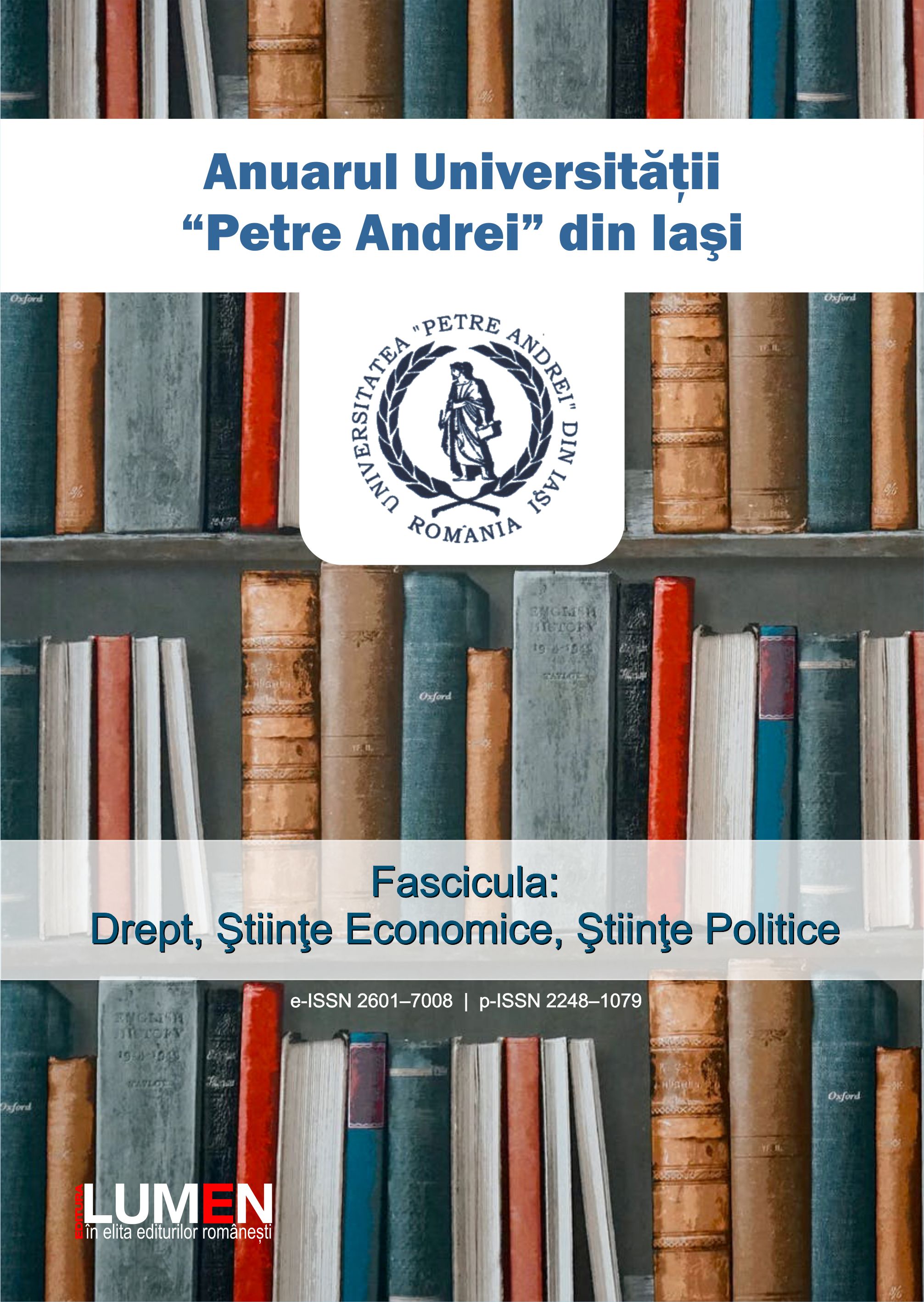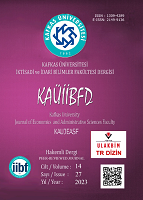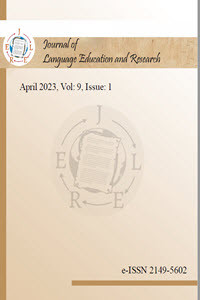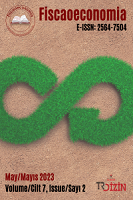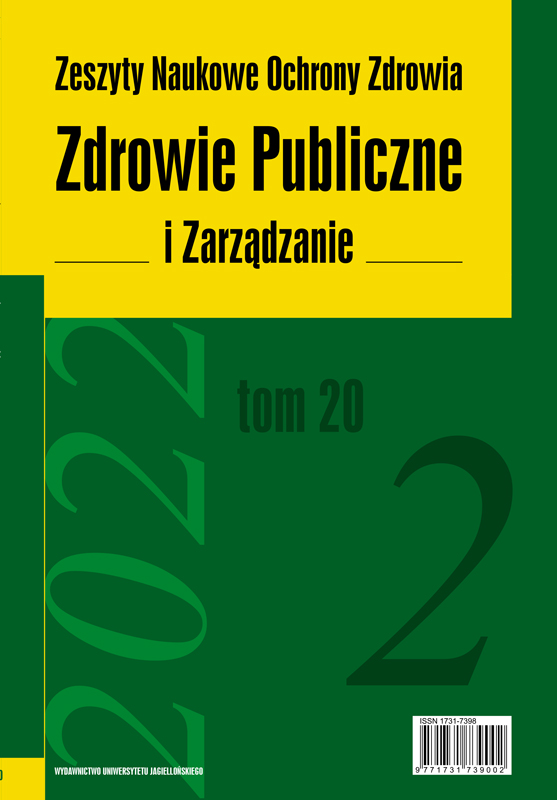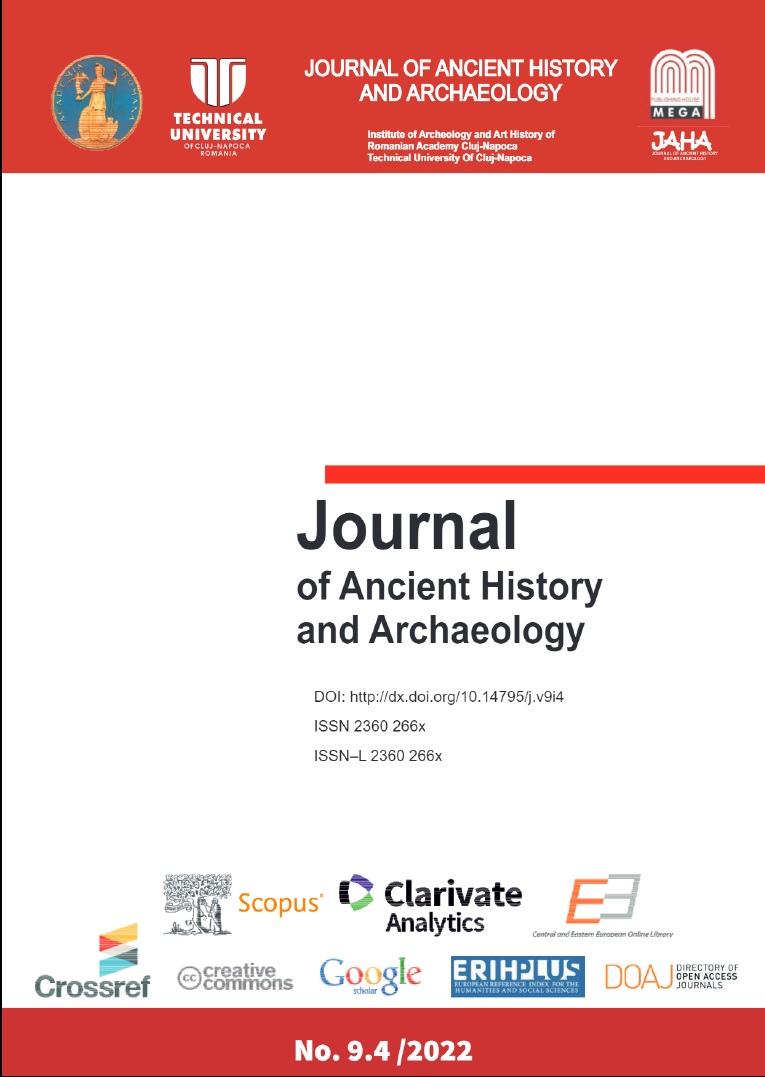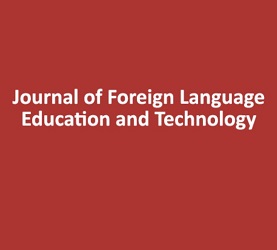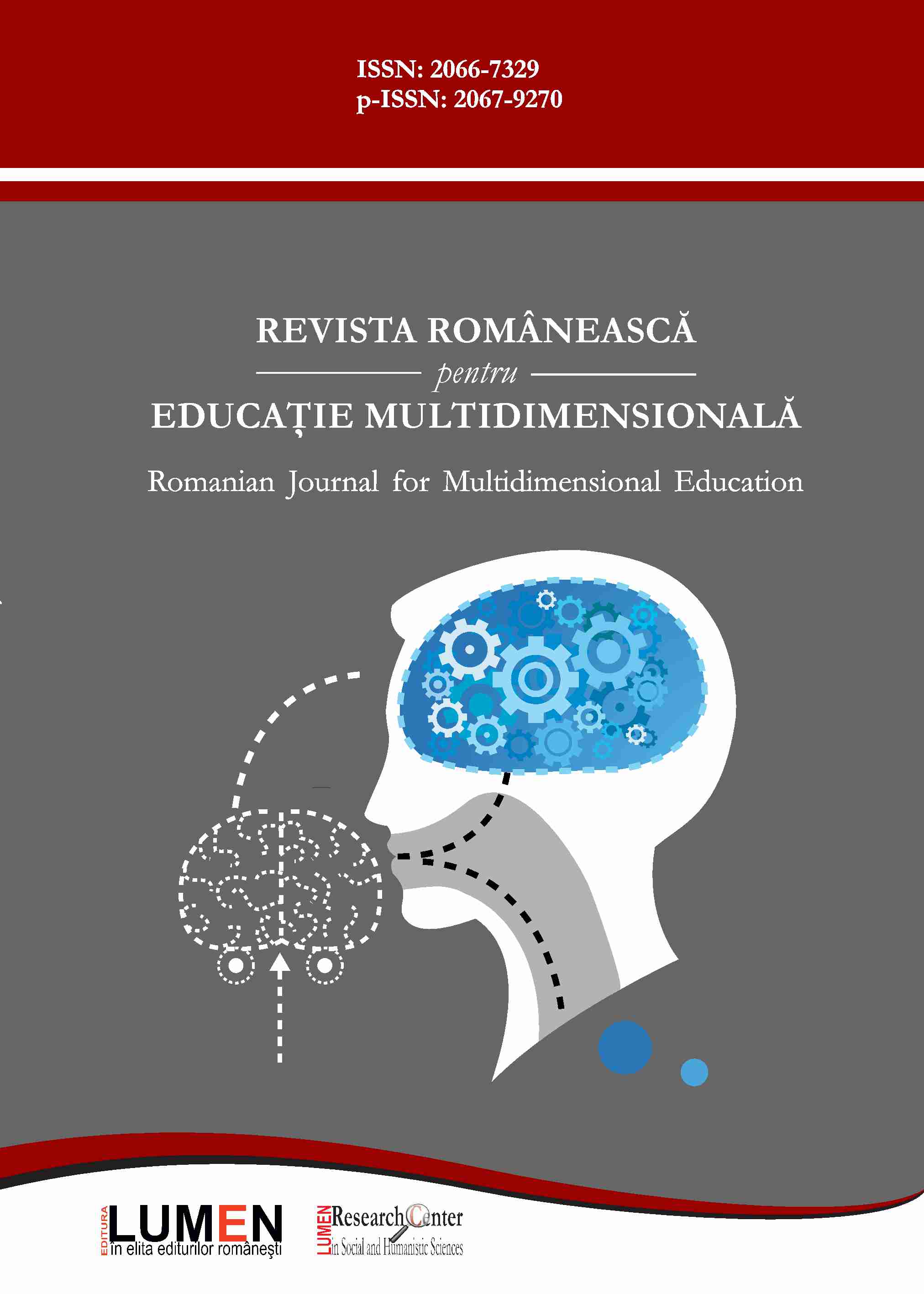Author(s): Alexandru Trifu / Language(s): English
Issue: 30/2022
Many universities have a presentation of all activities, events, teaching staff, research, so on.. Also, these higher education institutions provide in online system information of interest for students and MA, but also for those outside the institution. This ITC component becomes a very important “brick” in the vast information and digitalization system. Therefore, from one side we deal with e-management, based on ITC technologies in order to improve universities’ governance. The electronic management is considered today, especially post-pandemic, the most important applications of technology of information. And, by consequence, not only young people who have skills to the digitalization field, but also other people to interact with the academic e-management to get, in a minimum of time, all the desired information.Universities must be more flexible, exactly like the new labor relationships, in using new technologies, both in management and education programs. On the other hand, it is mandatory to use empathy in teaching and practice with students or MA, in which the teacher ↔ students relationships can progress and ensure a higher quality of the education. Basically, the study is based on my own experience and of my fellow colleagues, taking into account my responsibilities within university and faculty. This approach, combined with the survey of specific literature and others experiences, configure the frame for the observation of empathy functioning and increasing possible results. We consider that in a reasonable combination the two sides presented have a meaningful impact on the activity of the institutions and on the preparation of the future specialists.
More...
